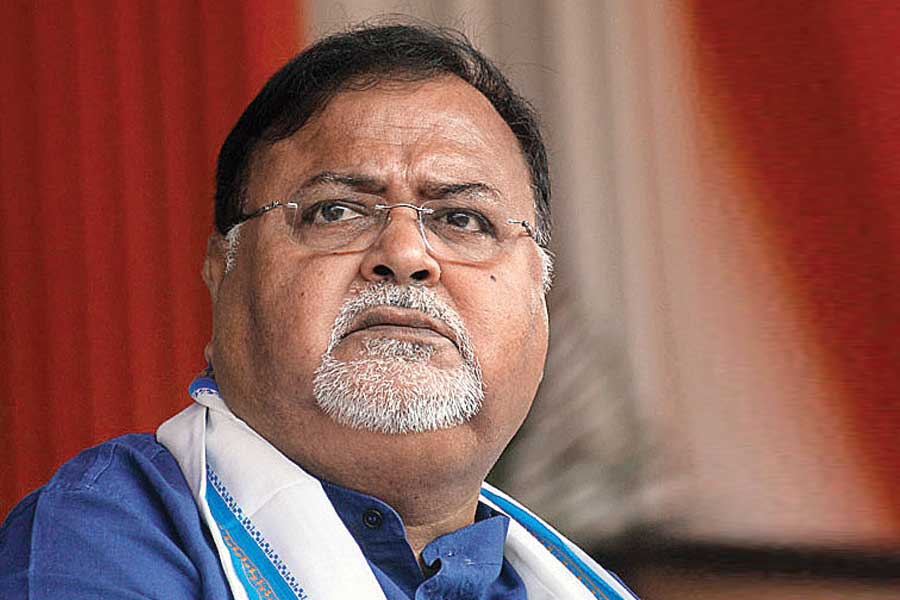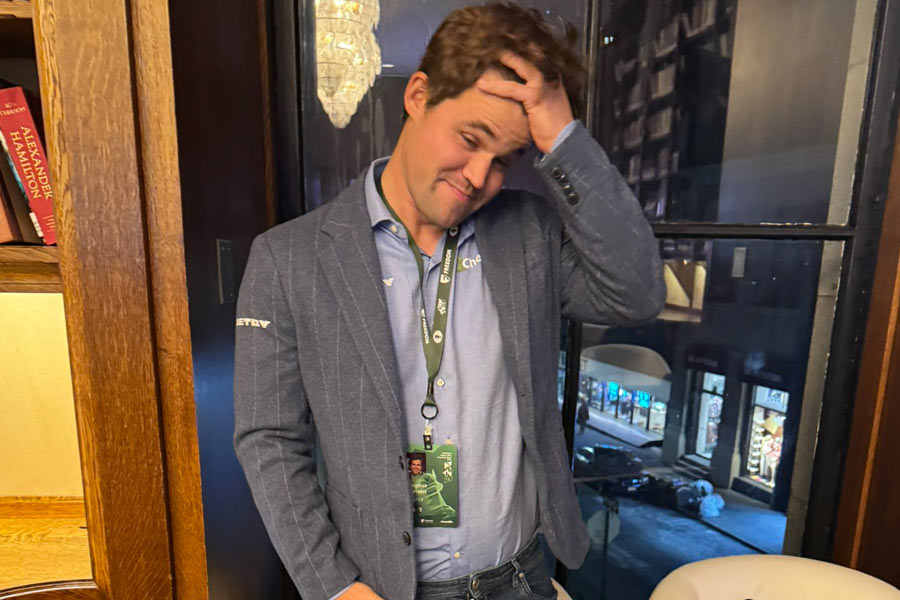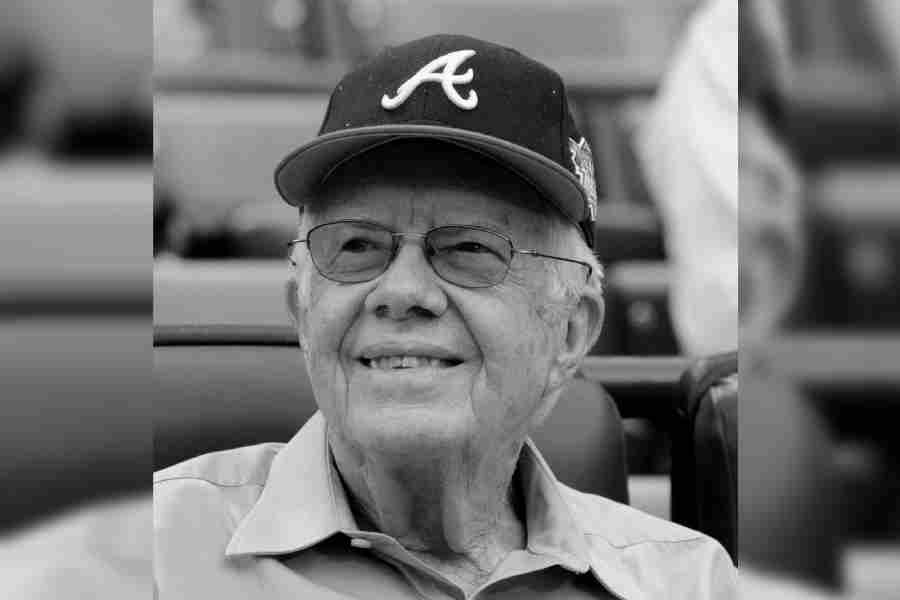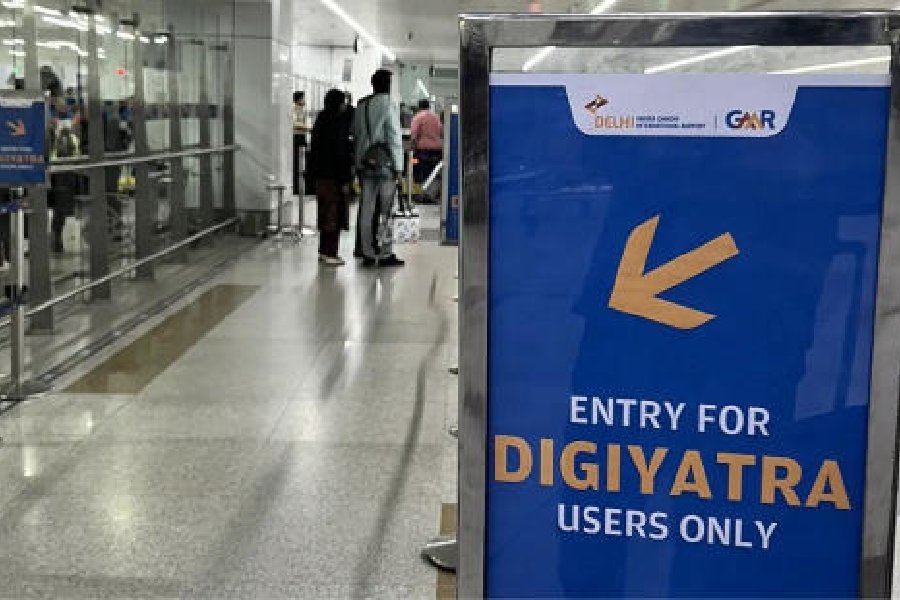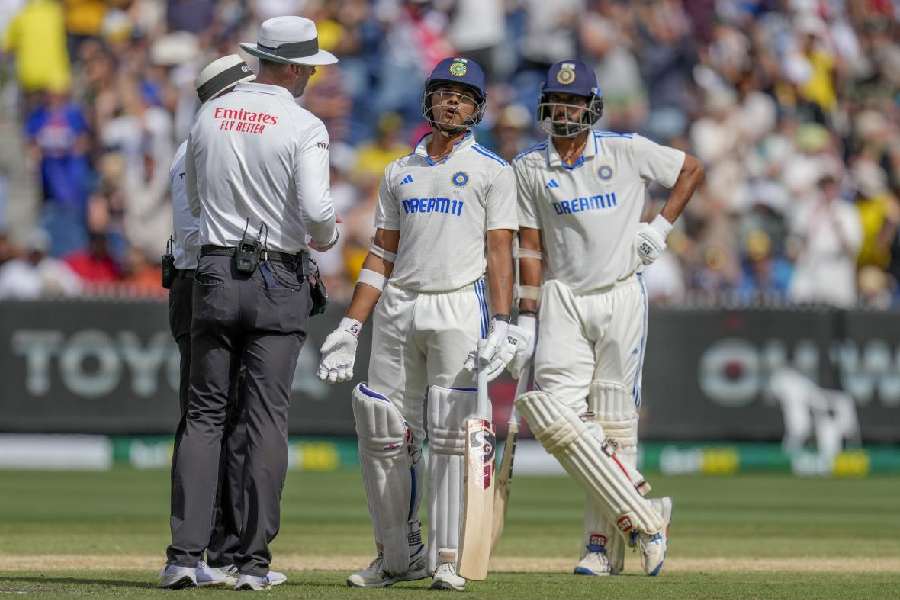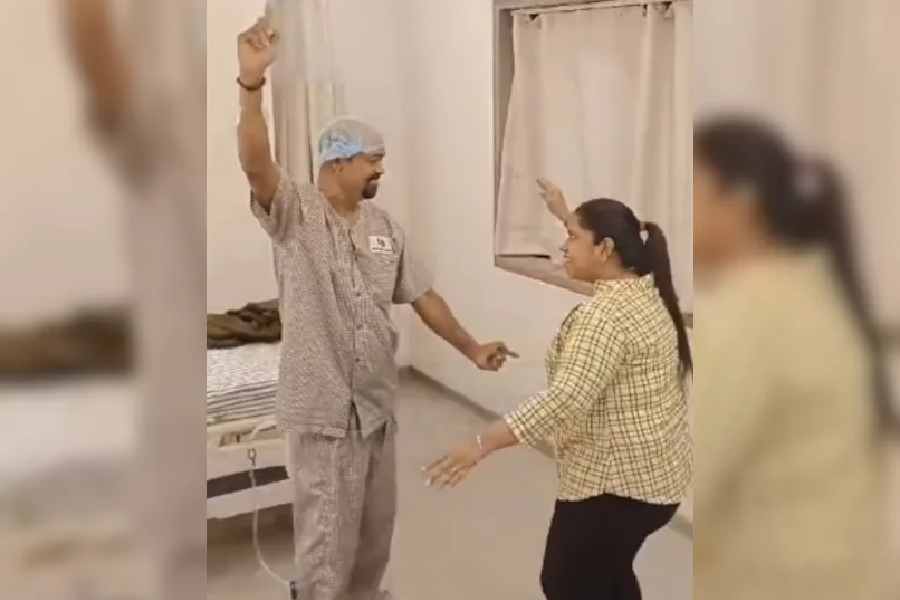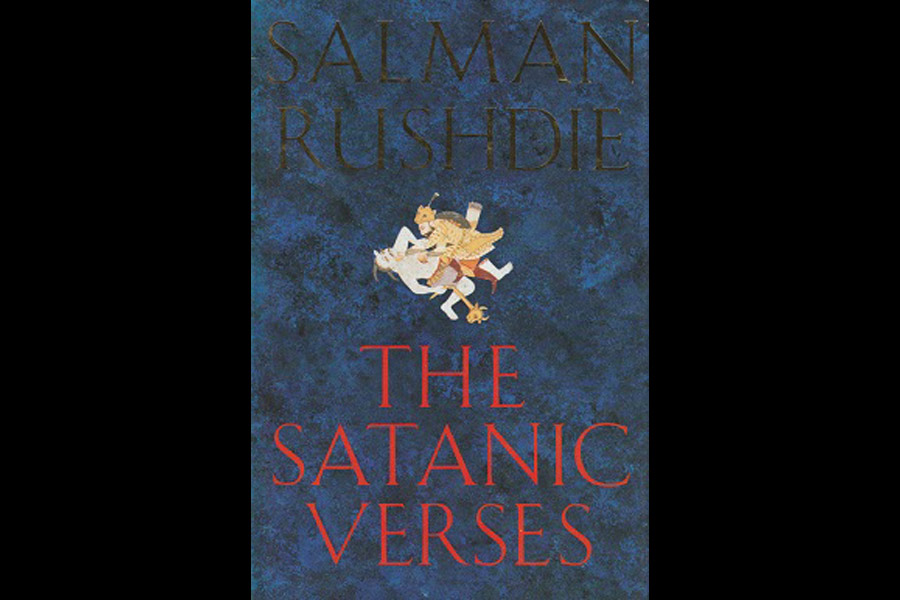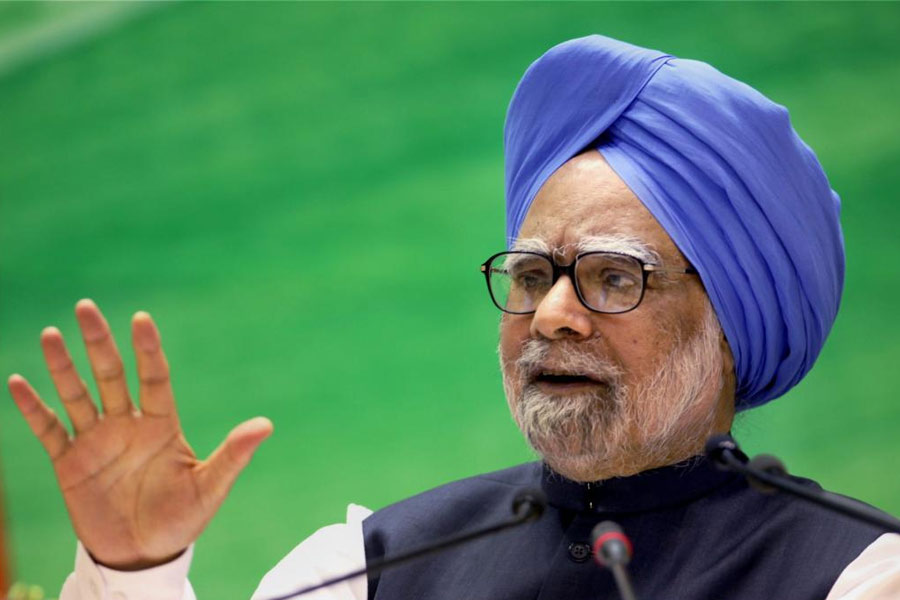The Supreme Court on Friday said former Bengal minister Partha Chatterjee shall be freed from prison on February 1 after the completion of several principal prosecution witnesses' examinations in the trial court and subject to the fulfilment of some other conditions.
A bench of Justice Surya Kant and Justice Ujjal Bhuyan granted the Trinamool Congress leader bail in a case registered by the Enforcement Directorate (ED) in the alleged school recruitment scam.
In his bail plea, Chatterjee said he had been incarcerated for more than two years, was aged 72 and the trial was not likely to conclude shortly. He also said several co-accused persons had already been granted bail.
Following are the key directions passed by the Supreme Court.
A) The trial court shall decide on the framing of charges before the commencement of the winter vacation or before December 31, 2024, whichever is earlier.
B) The trial court shall thereafter fix a date within the second and third week of January 2025 for recording the statements of prosecution witnesses "who are the most material or vulnerable". All such witnesses, especially those who have expressed apprehension of danger to their lives (who might be two or three) will be examined on these dates.
C) The appellant (Chatterjee) and his counsel are directed to extend full cooperation to the trial court for the recording of statements of these witnesses.
D) The witnesses will be examined without prejudice to the appellant’s right to challenge the decision on framing of charges if the decision is adverse and if he is so aggrieved. However, upon such challenge, no stay on trial shall be granted.
E) In case the examination of the witnesses is not completed on the fixed dates because of unforeseen circumstances, the trial court may do so lastly in the third and fourth week of January 2025.
F) Chatterjee shall thereafter be released on bail on February 1, 2025, subject to his furnishing bail bonds to the satisfaction of the trial court.
G) In case the trial court can complete the directions put forth in (B) and (E) at an earlier date, then the appellant may be released on bail immediately thereafter and before February 1, 2025.
H) Any attempt made by the former minister to influence or threaten the witnesses, directly or indirectly, shall entail cancellation of the bail.
I) The appellant shall appear in the trial court on every date of hearing and no unnecessary adjournment shall be sought on his behalf. If the appellant is found involved in prolonging the trial, it shall be taken as a valid ground for cancellation of bail.
J) Chatterjee shall not be appointed to any public office (except that he shall continue to be an MLA) during the pendency of trial.
The Supreme Court said the verdict pertained only to the ED case against Chatterjee. "We have not expressed any opinion on the merits of any of the other pending investigations, including the recent arrest of the Appellant in one of the cases by the CBI,” said the bench.

